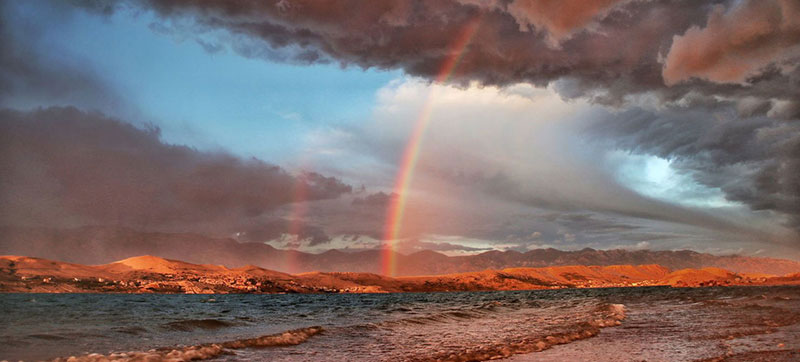 Bio DIversity
Bio DIversity
Minorities are 'key partners' in saving planet's biodiversity – UN expert
New York: The global initiative to save the planet's biodiversity on land and water must not be allowed to threaten the world's most vulnerable people, a top human rights expert said on Thursday.
Under a UN-backed global biodiversity framework draft agreement, countries have agreed to protect 30 per cent of the planet and restore at least 20 per cent by 2030.
While acknowledging that the plan is essential to conserving biodiversity, UN Special Rapporteur on human rights and environment, David Boyd, warned that it “must not be achieved at the expense of further human rights violations against indigenous peoples and other rural people”.
He said that special attention must be paid to indigenous peoples, people of African descent, local communities, peasants, rural women and rural youth – none of whom is adequately prioritized in the current draft plan, despite recent improvements.
Natural partners
These individuals and groups “must be acknowledged as key partners in protecting and restoring nature”, Mr. Boyd said. “Their human, land and tenure rights, knowledge, and conservation contributions must be recognized, respected, and supported.”
The independent rights expert, who was appointed by and reports to the Human Rights Council in Geneva, cautioned against what he called “fortress conservation” approaches that aim to restore “pristine wilderness” where no humans live.
This approach has had devastating human rights impacts on communities in these targeted areas, the Special Rapporteur insisted, including on indigenous peoples and other rural dwellers.
“Leaving human rights on the periphery is simply not an option, because rights-based conservation is the most effective, efficient, and equitable path forward to safeguarding the planet”, Mr. Boyd said, before urging Member States “to put human rights at the heart of the new Global Biodiversity Framework”.
Biodiversity Framework
The call came ahead of a UN biodiversity summit, known as COP15, which is to be held virtually in October and in-person next April in Kunming, China.
At that time, representatives of 190 Governments will seek to finalize the UN Post-2020 Global Biodiversity Framework.
The draft text released in July highlighted the need to address threats to biodiversity, human well-being and the future of life on Earth, while seeking to establish a “world living in harmony with nature” by 2050.
Maintaining that the Framework agreement does not go far enough to preserve and protect nature and its essential services to people, Mr. Boyd urged States to make rights-based approaches obligatory to conserve, restore and share the benefits of biodiversity, including conservation financing.
“It is also imperative that the Framework acknowledges that everyone, everywhere, has the right to live in a safe, clean, healthy and sustainable environment, a right which includes healthy ecosystems and biodiversity”, he said.
Healthy biosphere
Expanding on his report to the General Assembly last October, “Human Rights Depend on a Healthy Biosphere”, Mr. Boyd unveiled a policy brief calling for a more inclusive, just and sustainable approach to safeguarding and restoring biodiversity.
The document outlined the human rights costs and limited efficacy of so-called exclusionary conservation, where local people are viewed as threats to natural ecosystems and kept away.
Special Rapporteurs work on a voluntary basis. They are neither UN staff nor paid for their work.
Support Our Journalism
We cannot do without you.. your contribution supports unbiased journalism
IBNS is not driven by any ism- not wokeism, not racism, not skewed secularism, not hyper right-wing or left liberal ideals, nor by any hardline religious beliefs or hyper nationalism. We want to serve you good old objective news, as they are. We do not judge or preach. We let people decide for themselves. We only try to present factual and well-sourced news.







